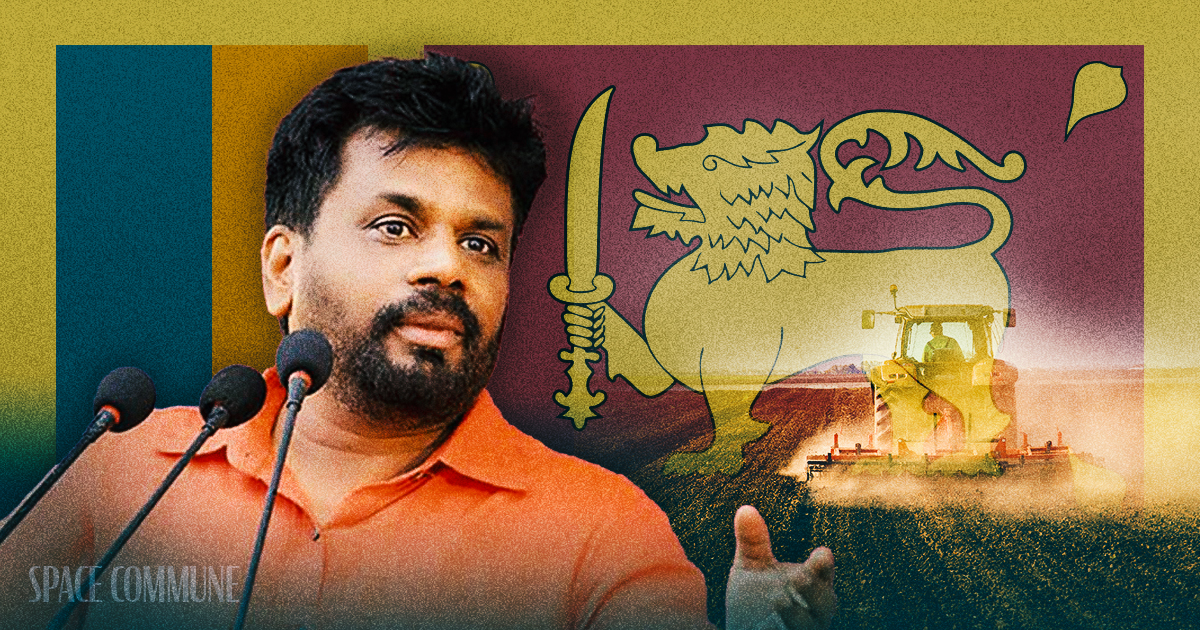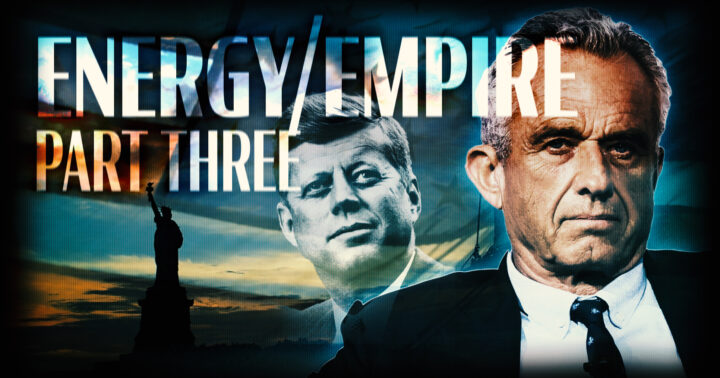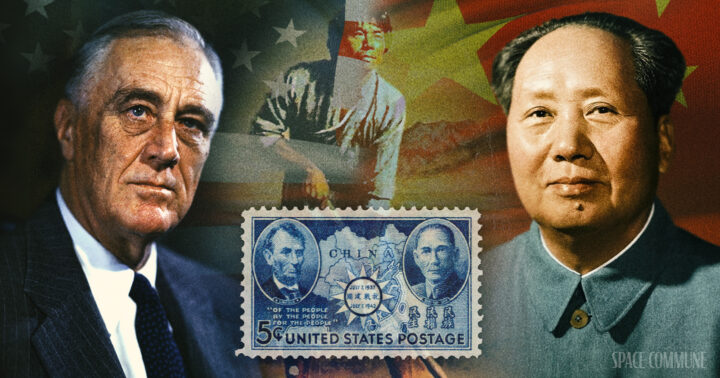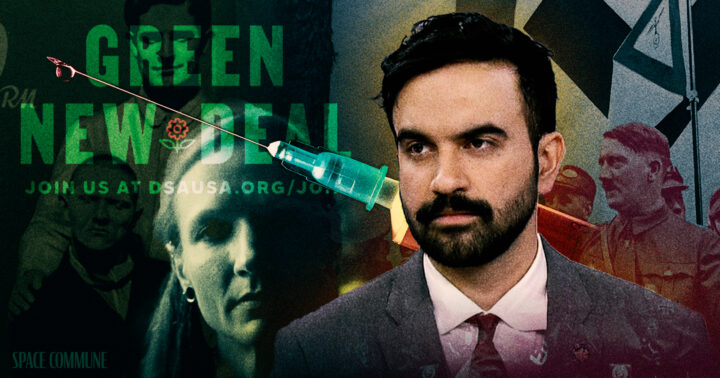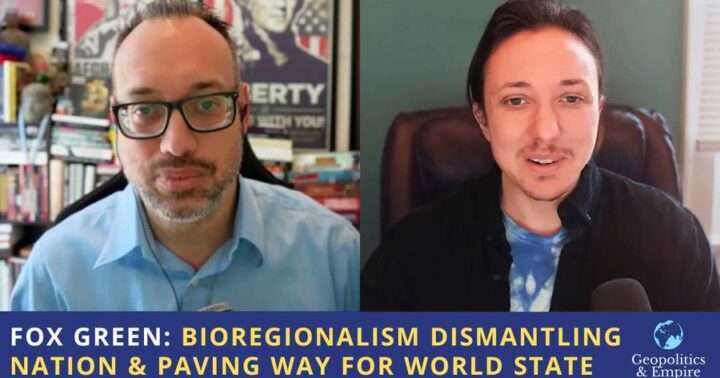In 2022, Sri Lanka fell into mass chaos: the powder keg of color revolution and regime change was lit by a rapid, shortsighted, ESG-inspired ban on fertilizer imports. Some might say it was the manifestation of a sinister globalist agenda.
The ban on synthetic fertilizers and overnight push toward organic farming was applauded by Western-funded degrowth and organic farming advocates, who made the case that any alleged environmental and health drawbacks of fertilizers are unacceptable despite any farming yields or reliability they may provide.
But the ban was also called out in real-time by many who correctly feared that it would lead to lower yields, mass hunger and political unrest, perhaps a test run for what can be expected in more nations under the guise of “sustainable development.”
The crisis made Sri Lanka into the site of a tug-of-war for the future of humanity; as China continues to fund infrastructure at favorable rates and Russia proposes nuclear power plants for the impoverished nation, the G7, EU and IMF continues to enforce strict austerity conditions in exchange for loans.
Did you know Space Commune is now on Telegram? Join our channel and never miss an update!
Recent events, including the election of Marxist presidential candidate Anura Kumara Dissanayake, who has promised increased subsidies for fertilizers, and the continued blockage by the EU of a $34M Russian shipment of desperately-needed fertilizer, suggest that this tug-of war-is not nearly over.
Fertilizer as a Building Block of Sri Lankan Sovereignty
As Fox Green uncovered last year, as far back as 1973, Henry Kissinger said that disruption to Sri Lanka’s food supply is the way to undermine the sovereignty of its government:
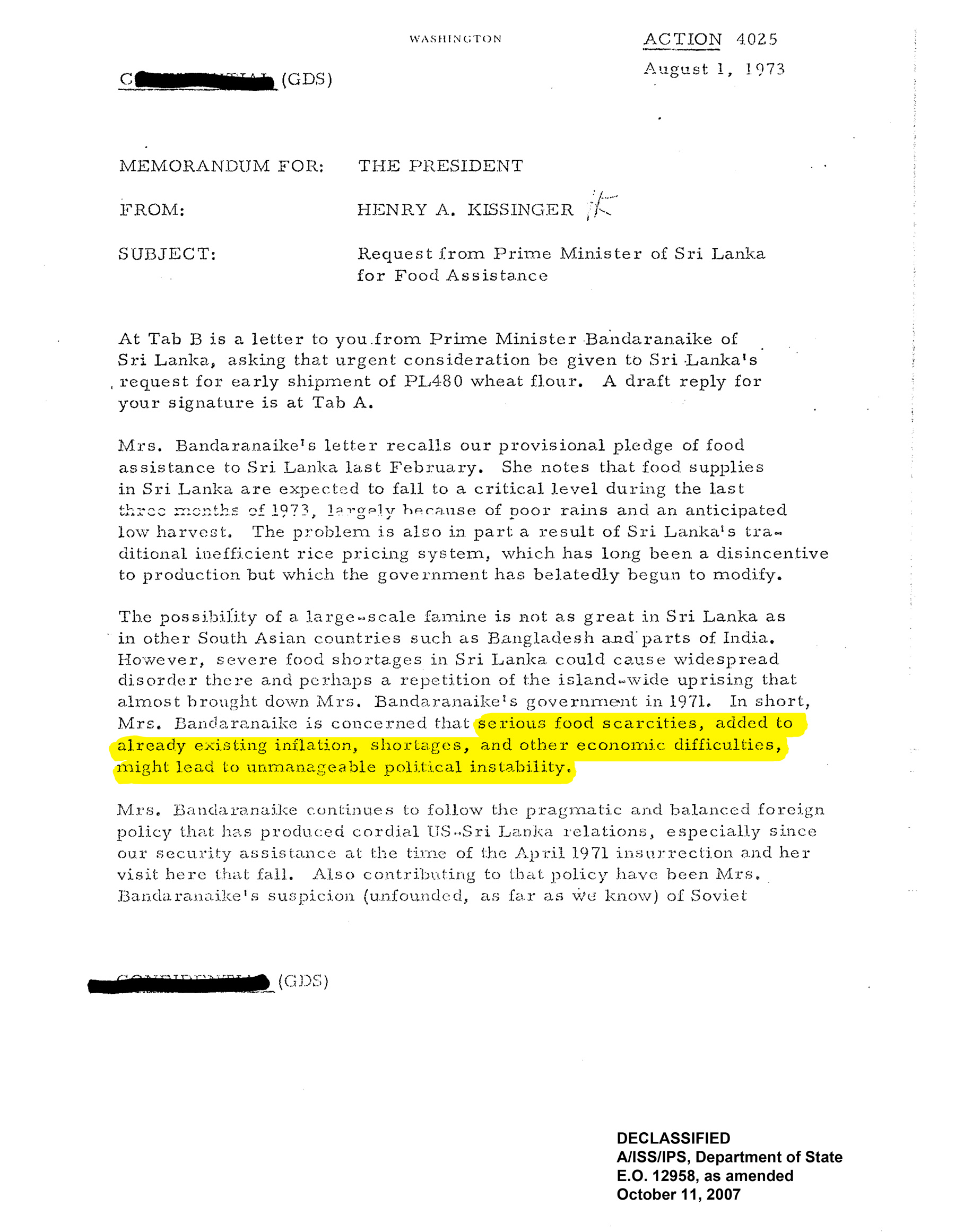
Acknowledging reality in this year’s presidential election, Sri Lanka’s three main political parties: the center-right United National Party, center-left Samagi Jana Balawegaya party, and left-wing National People’s Power party all agreed that increased access to fertilizer, and therefore, food, is critical for the nation.
The National People’s Power candidate, Anura Kumara Dissanayake, ran on a winning platform of:
- 0% VAT rate for fertilizer
- Establishing agricultural machinery supply centers at the local level
- Providing agricultural inputs, including fertilizers, at fair prices
- Promoting the use of chemical AND organic fertilizers, and other agricultural inputs, based on good agricultural practices
- Encouraging farmers to apply fertilizers and other inputs based on site-specific methods
Shortly after winning election in September, president Dissanayke announced a 66% increase in fertilizer subsidies for paddy farmers in the upcoming growing season.
It’s safe to say that Vandana Shiva’s ideology has been weeded out of the soil of Sri Lanka, for now.
The EU Continues to Block Russian Fertilizer Aid to Sri Lanka
Also in September, a blockaded shipment of $34M worth of Russian potash fertilizer was brought to international attention, as it was revealed that the goods were stuck in a Latvian port by order of the European Union:
“The Russian Embassy in [Sri Lanka] paid attention to a clumsy attempt by [Latvia] to justify its… decisions which impede the consignment of Russian potash to Sri Lanka blocked in Riga since March 2022. The doubtful ‘arguments’ set in their comment should not mislead anyone.
…
Still Latvia desperately tries to declare its importance, but in reality becomes a leader in elaborating measures putting at risk global food stability. Thus, Riga has repeatedly put forward a suggestion to fully block access of Russian agricultural products to the European market following-up the EU senseless sanction policy. However, the authors of such initiatives omit (or intentionally do not reveal) that these measures are detrimental to the global food security since they lead to the price rise of European export agriproducts to the third countries. The situation is also complicated by the fact that the fertilizers production in Europe is steadily falling down (up to 30% since 2021). As a result, their possible recipients in Africa, Asia and countries from other regions dependent on these critical items find themselves in a vulnerable position. Hypocrisy based on inferiority complex as it is.”
“Politicising essential food supplies reveals the West’s hypocrisy. This is exactly why parts of the world today suffer from severe food insecurity,” added Russian Ambassador to Sri Lanka, Levan Dzhagaryan.
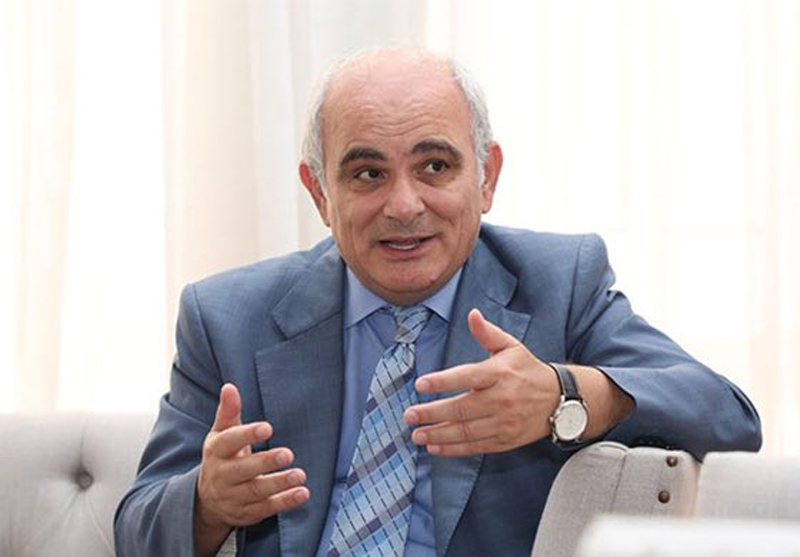
Reading between the lines of the statements, it is easy to see the truth: while the West has loosened sanctions on Russian fertilizer exports for Europe, it is blocking fertilizer from getting to Sri Lanka, so Europe can sell starving Sri Lanka marked-up fertilizer of its own. This follows up on reports that the EU also delayed Russian shipments of fertilizer to Africa.
This is akin to grabbing someone’s hand, punching them in the face, and asking, “Why do you keep hitting yourself?”
I recently had the pleasure of joining Johnny Vedmore on the now-defunct TNT Radio to discuss the situation further:
A New Paradigm is Emerging
The election of Dissanayake garnered headlines for his Marxist tendencies, but that’s the wrong thing to focus on. According to Sri Lankan political analysts, Dissanayake’s focus is going to be on balancing relationships with BRICS nations like China, Russia and neighboring India to attract the investments that the country needs to grow.
Some of the potential upcoming investments in Sri Lanka include a small modular nuclear power plant (with proposals from Russia’s Rosatom and China’s National Nuclear Corporation), a 31-mile, $4B oil pipeline and land bridge to India, and a $4.5B oil refinery in the China-leased port of Sri Lanka’s southern Hambantota port. The United States has also proposed a much smaller, $553M deep-water shipping terminal in Sri Lanka’s Port of Columbo as it struggles to keep up with the BRICS.
Dissanayake’s focus on growth, despite the meddling of the EU and the invasion of degrowth/organic policies, is a clear turning point for developing nations like Sri Lanka. Away from having their sustenance controlled by faraway powers, and toward true sovereignty: an era of peace, development and prosperity.
Alex Dimitrios is a co-founder of Space Commune. Check out and support our ongoing documentary, Energy/Empire, which explores the hidden history behind the oligarchical plot to destabilize and de-industrialize Sri Lanka and Cuba, through meddling with their food production and energy production, respectively.
